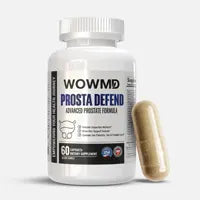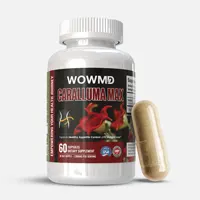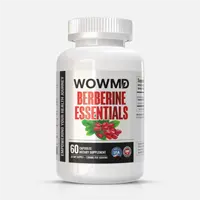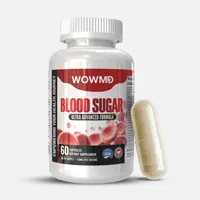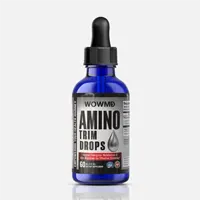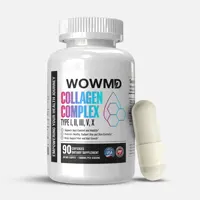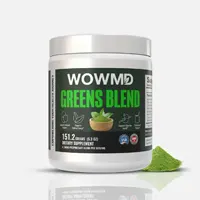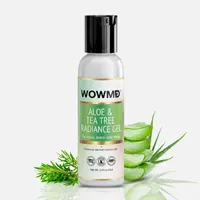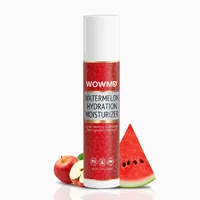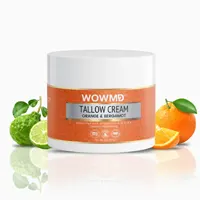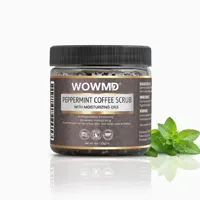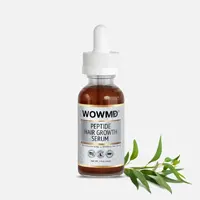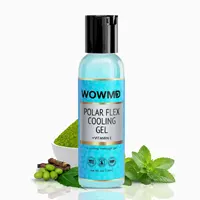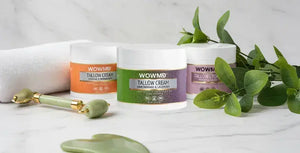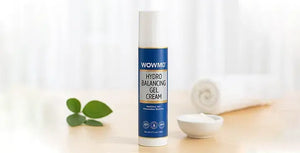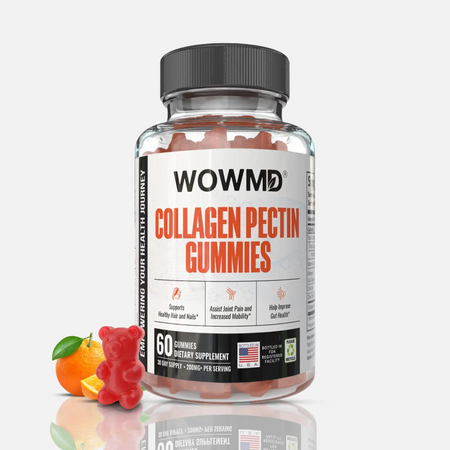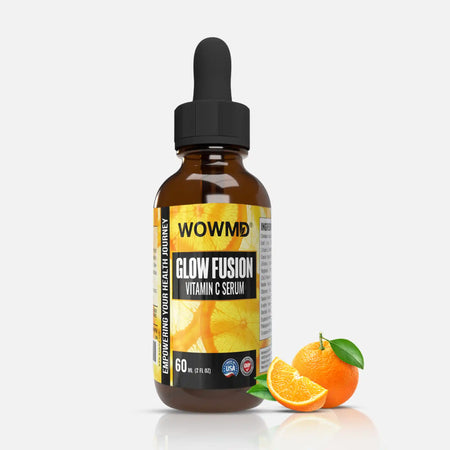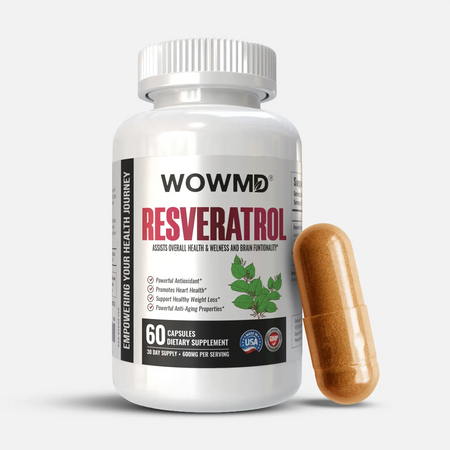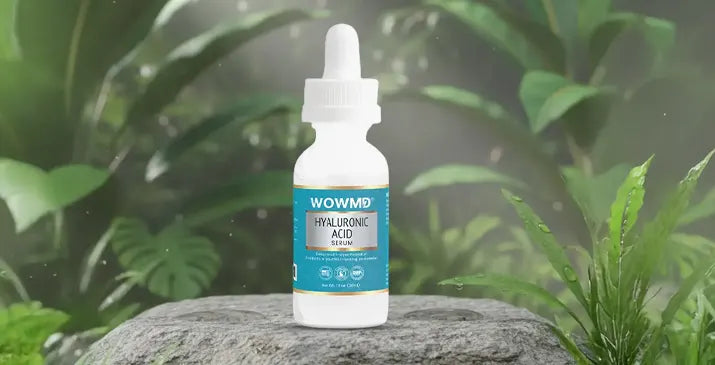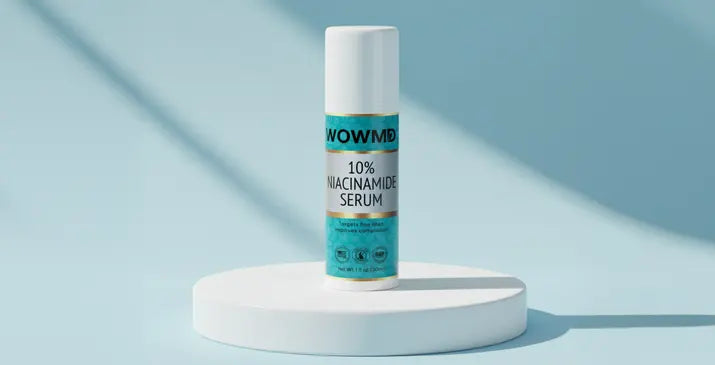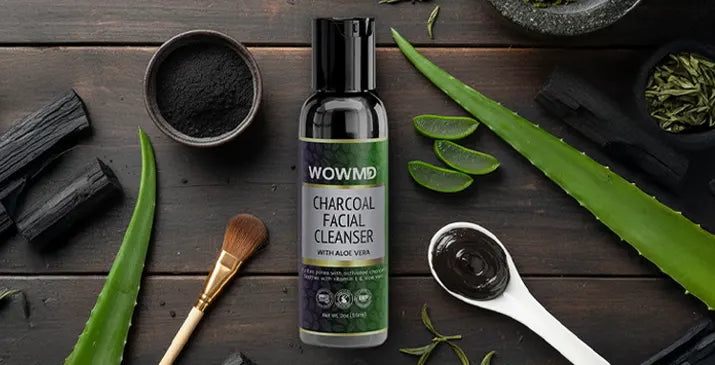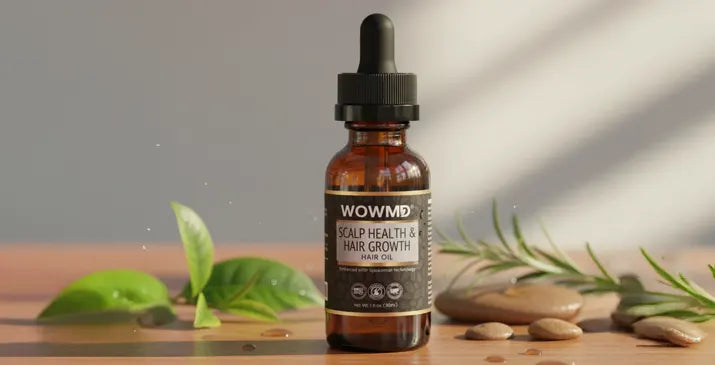Types of Vitamin C: Which is Best for Your Skin?
Unlock radiant, youthful skin by understanding the right type of Vitamin C for your needs—discover how this powerhouse ingredient transforms your skincare routine from dull to glowing.
Advertiser Disclosure: WOWMD independently vets all recommended products. If you purchase a featured product, we may be compensated. Learn why you can trust us.
You May Also Like
Popular Stories
- The Best Beef Tallow Products for Radiant Skin: A 2026 Guide
- Holy Basil : Ayurveda’s Herb for Balance, Immunity & Everyday Calm
- Best Gel Moisturizers for Hydration & Skin Care in 2026
- 7 Best Effective Supplements for Improving Bladder and Prostate Health in 2026
- 4 Best Cooling Gels for Skin and Body: Instant Refreshment and Relief
- 4 Best Hyaluronic Acid Serums for Skin Hydration - Tested & Reviewed
References
WOWMD follows strict sourcing guidelines to ensure the accuracy of its content, outlined in our editorial policy. We use only trustworthy sources, including peer-reviewed studies, qualified experts, and information from top institutions.
- Benefits of Adding Vitamin C to Your Skin Care Routine: https://www.bcm.edu/news/benefits-vitamin-c-skin-care
- Ascorbic Acid (Vitamin C) as a Cosmeceutical to Increase Dermal Collagen for Skin Antiaging Purposes: Emerging Combination Therapies: https://pmc.ncbi.nlm.nih.gov/articles/PMC9495646/
- https://www.researchgate.net/publication/7508117_Skin_moisturizing_effect_and_skin_penetration_of_ascorbyl_palmitate_entrapped_in_Solid_Lipid_Nanoparticles_SLN_and_Nanostructured_Lipid_Carriers_NLC_incorporated_into_hydrogel
- Effect of Magnesium Ascorbyl Phosphate on Collagen Stabilization For Wound Healing Application: https://pubmed.ncbi.nlm.nih.gov/33122062/
- Sodium Ascorbyl Phosphate Shows in Vitro and in Vivo Efficacy in the Prevention and Treatment of Acne Vulgaris: https://pubmed.ncbi.nlm.nih.gov/18492184/


 Alpha Man Power Pack
Alpha Man Power Pack All-Day Fat Burn Trio
All-Day Fat Burn Trio Better Immunity Bundle
Better Immunity Bundle  Calm & Sleep Duo
Calm & Sleep Duo Cognitive Health & Vision Combo
Cognitive Health & Vision Combo Complete Weight Loss Bundle
Complete Weight Loss Bundle Core Vitality Trio
Core Vitality Trio Energy Booster Combo
Energy Booster Combo Focus Fuel Trio
Focus Fuel Trio Glow & Balance Duo
Glow & Balance Duo Health Balance Trio
Health Balance Trio Heart Care Bundle
Heart Care Bundle Joint Health Support Combo
Joint Health Support Combo Men's Immunity & Prostate Health Bundle
Men's Immunity & Prostate Health Bundle Metabolism Boost Duo
Metabolism Boost Duo Natural Skin Care Bundle
Natural Skin Care Bundle Peak Performance Duo
Peak Performance Duo Relax & Recharge Duo
Relax & Recharge Duo Skin Detoxification Bundle
Skin Detoxification Bundle Smart Energy Trio
Smart Energy Trio Stress + Energy + Wellness Combo
Stress + Energy + Wellness Combo  Total Burn Ignite Trio
Total Burn Ignite Trio Total Harmony Pack
Total Harmony Pack Workout Supplements Combo
Workout Supplements Combo
